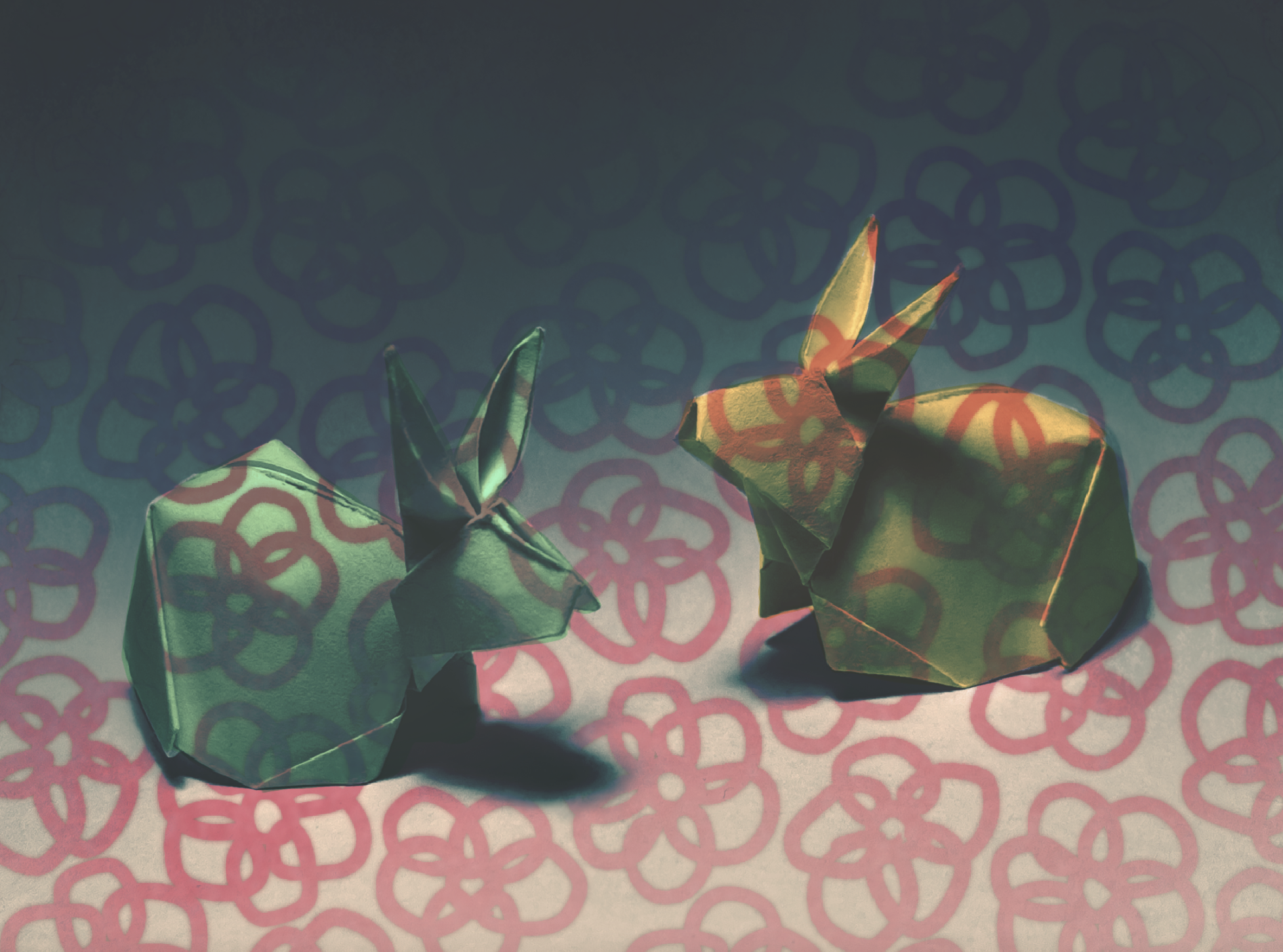
Cate Roser
Every year, I sit around a campfire in the Washington woods and answer the question, “What’s your greatest longing and greatest fear?”
I’ve spent the past few years participating in and teaching at a summer storytelling camp for teens. This question is one of our rituals. I remember my friend Catherine, a nationally recognized filmmaker, answering that her greatest longing was to have a family. I didn’t understand. My answer was always to “live up to my potential” or “feel satisfied with my career.” I was driven to be the best storyteller I could be, and nothing was going to stop that.
On Jan. 16, I received a phone call that changed my life. In a matter of seconds, I felt like I was outside my body. It was nearly comical. I was in the car with a friend working on a film project, headed to the location, laughing as snot poured out of my nose. He asked me if I’d like to go back home. I said, “Let’s just pretend, for an hour, that I don’t have cancer and that never happened.”
If the uncanny valley was a real place, my 15 minute walk from LC to Smilow Cancer Hospital was entering into the heart of it. In the grand, airport-esque lobby, there’s a Starbucks, gorgeous fountains and extravagant pieces of artwork. It’s not the sterile, white look of a normal hospital, but something I considered almost beautiful. Even so, I knew the purpose of its beauty was to conceal something much darker.
I joined the line of patients in my yellow checkered backpack when I heard someone call my name. She said, “Hey, we talked on Instagram. I figured you’d be Molly. I don’t see many people here in a backpack.” She had been treated at Smilow for a different type of cancer a few months prior. She shared with me the best places to eat, the nicest floors to visit for a walk, and recommended a visit to the chapel, but not necessarily for spiritual reasons. Even though we’d just met, we had an unspoken solidarity in our situations and the odd sense that it would all be okay.
I received my bracelet and headed to my appointment in gynecological oncology. I could feel the eyes on me as I checked in. Nurses pull me aside to see how I’m doing “given my age.” I get sympathetic looks from the patients, all much older than me, as I attend my appointments alone. I was asked to fill out a form indicating my level of “distress” on a scale of one to ten. I decided on six. That’s appropriate but not worrisome, right?
Eventually, that shield began to crack, piece by piece. I took on cancer like it was a full-time job: calling doctors, appointments, tests and meetings. At my last dance practice before surgery, I sobbed. The hurt and anger finally began pouring out of me, understanding that this was not an uncanny valley at all, but a mountain climb. It is real.
Cancer began to take each one of my loves. First dance, then film. I shot the film as intended, but after holding 10 to 15-pound camera set ups for several hours, I left feeling sore and exhausted. Then, cancer took the happiness from my family. Hearing my mother’s cries on the other end of the phone hundreds of miles away was the hardest part. No parent ever wants to hear that their child has cancer, especially when they’re states away. My parents did what they knew how to do. They drafted a power of attorney document and called doctors for me, but I know they felt powerless.
I’ve always loved making films about women. For the past few months, I’ve been working on a documentary about the history of co-education at Yale. I’ve read numerous accounts of women’s first years, practically obsessed with understanding the power structures of Yale College and its treatment of women. Suddenly, the irony of my situation struck me as being cosmically connected to the women I study. I too am sitting in a dorm room at Yale College, struggling with my womanhood, fearing that I may fall behind.
The type of cancer I was diagnosed with is most common in young women. The possibility of losing my ability to have a child before I’ve even begun to consider it became my biggest fear. The hardest part about cancer is how much we don’t know. I had reasoned with what I was losing: one ovary, one fallopian tube, a semester of dance, being on set, and a simple medical history. It was the things I didn’t know that scared me the most. I had a thing inside of me slowly eating me away. What would I lose next? My hair? My fertility?
It’s still hard to grasp that one of the most formative moments in my life is happening to me, but next summer, I will sit around that same campfire with a different “greatest longing.” The past two weeks, I’ve received hundreds of messages and spent nearly all my time around the people I love. Even when it feels like I’m stuck between worlds, floating in the purgatory of the uncanny valley, my family and friends bring me back. Not film. Not writing. Not dance. Cancer is realizing that my greatest longing was never about personal goals; it was to be loved. And I am so, incredibly, beautifully, loved.







